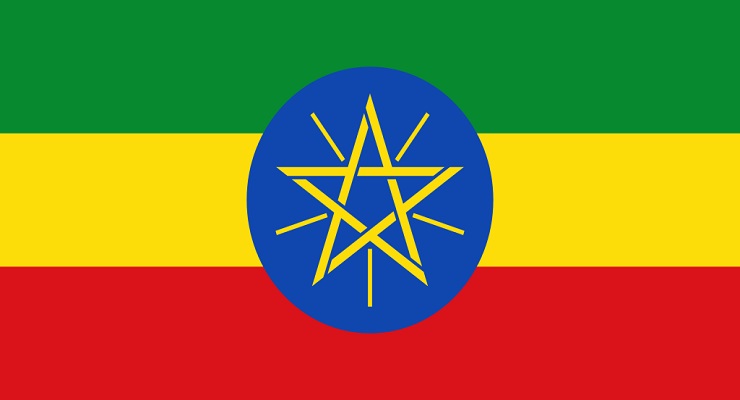 Ethiopia’s general elections postponed from August 2020, allegedly due to COVID-19, took place today. The government of Ethiopia led by Prime Minister Abiy Ahmed want to portray the polls as an important step towards concretizing Ethiopia’s overdue democratization. However, a political crisis in Ethiopia notably due to the tensions and violence in the Tigray region cast a shadow on the hopes and aspirations of Ethiopians for a more democratic and peaceful society. This article is by Max Bearak and is published by The Washington Post. Here is an excerpt:
Ethiopia’s general elections postponed from August 2020, allegedly due to COVID-19, took place today. The government of Ethiopia led by Prime Minister Abiy Ahmed want to portray the polls as an important step towards concretizing Ethiopia’s overdue democratization. However, a political crisis in Ethiopia notably due to the tensions and violence in the Tigray region cast a shadow on the hopes and aspirations of Ethiopians for a more democratic and peaceful society. This article is by Max Bearak and is published by The Washington Post. Here is an excerpt:
Ethiopian voters went to the polls Monday in a national election that the government has heralded as a long-awaited emergence into multiparty democracy. But a cascade of major crises in Africa’s second-most populous country has thrown the vote into disarray, leaving millions unable to vote.
Foremost among them is a disastrous seven-month-old civil war in the northern region of Tigray, where a powerful regional political party is waging a guerilla-style conflict against Ethiopia’s military, which in turn has aligned with forces from neighboring Eritrea and Ethiopia’s Amhara region. All sides have been accused of war crimes, and humanitarian groups say hundreds of thousands in Tigray are experiencing famine conditions.
The election itself has been weakened by widespread insecurity, logistical issues and political disputes. Tigray will not take part in the vote at all, and about a fifth of polling stations in the rest of the country will not open on Monday because of security concerns or improperly printed ballots, according to the country’s election commission. The closed polling stations tend to be in areas where opposition parties claim support. Those closures as well as the jailing of numerous prominent government critics have led some of the country’s biggest opposition parties to boycott the election.
Read the full story here.
Leave a Reply